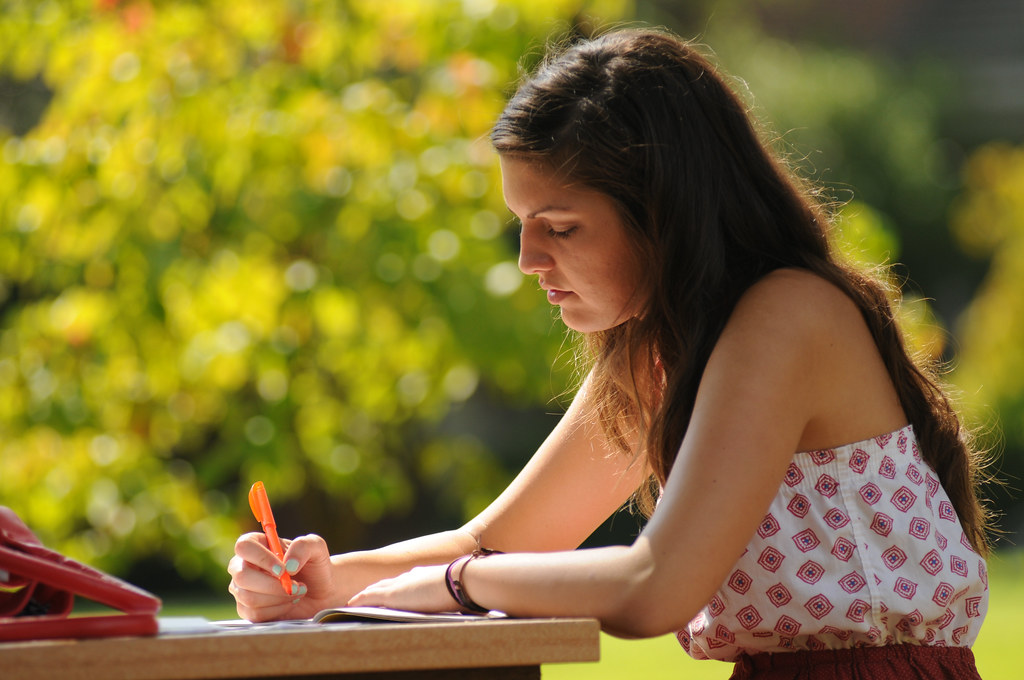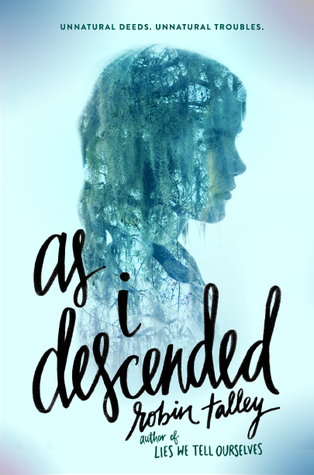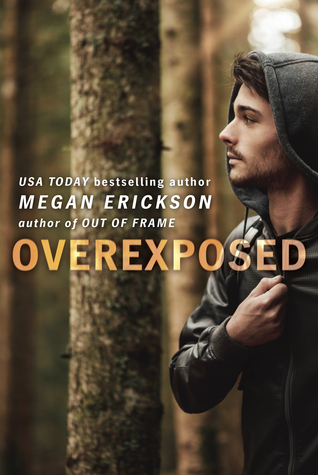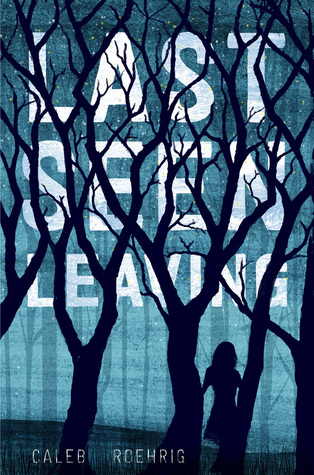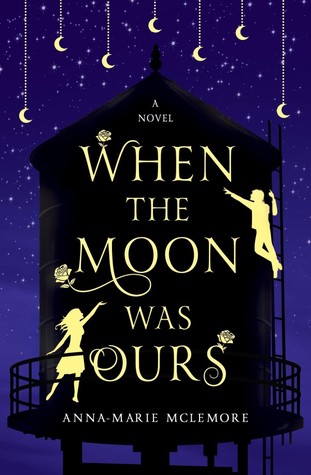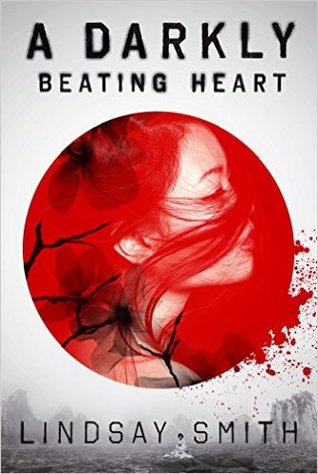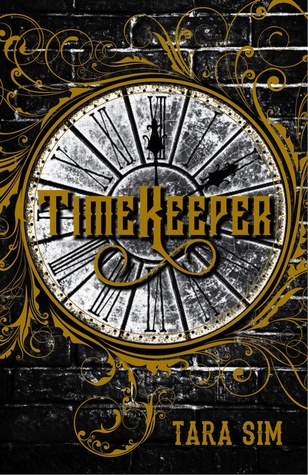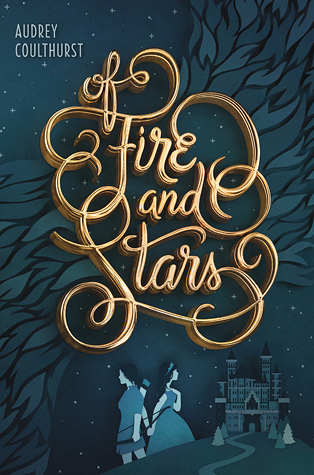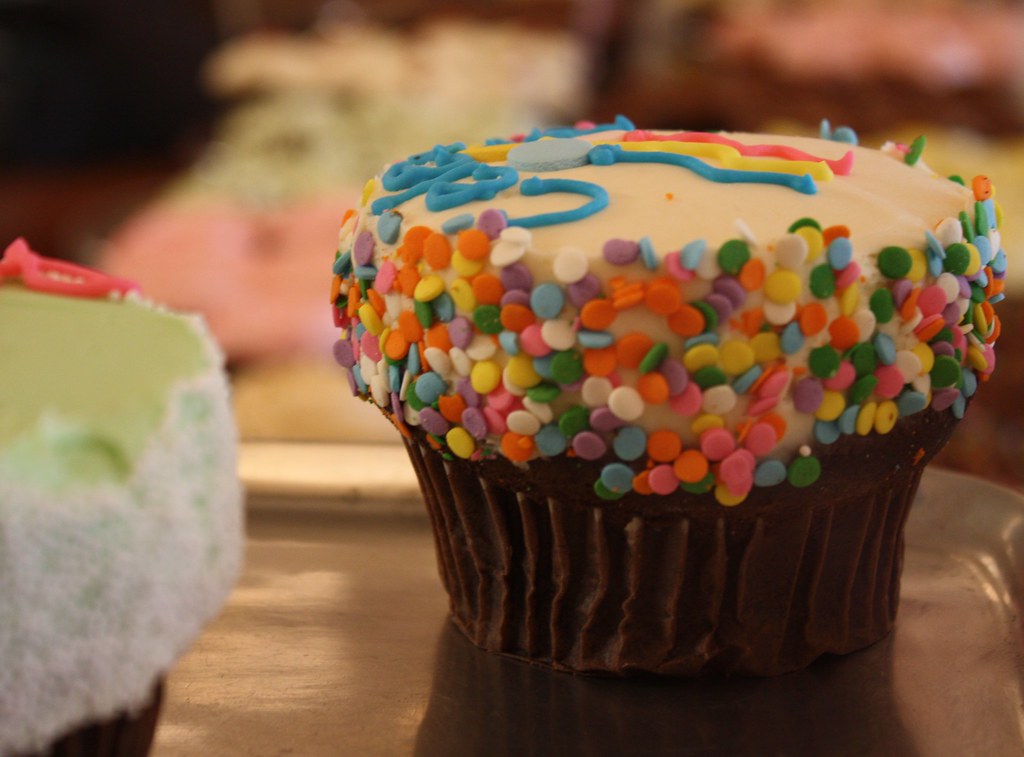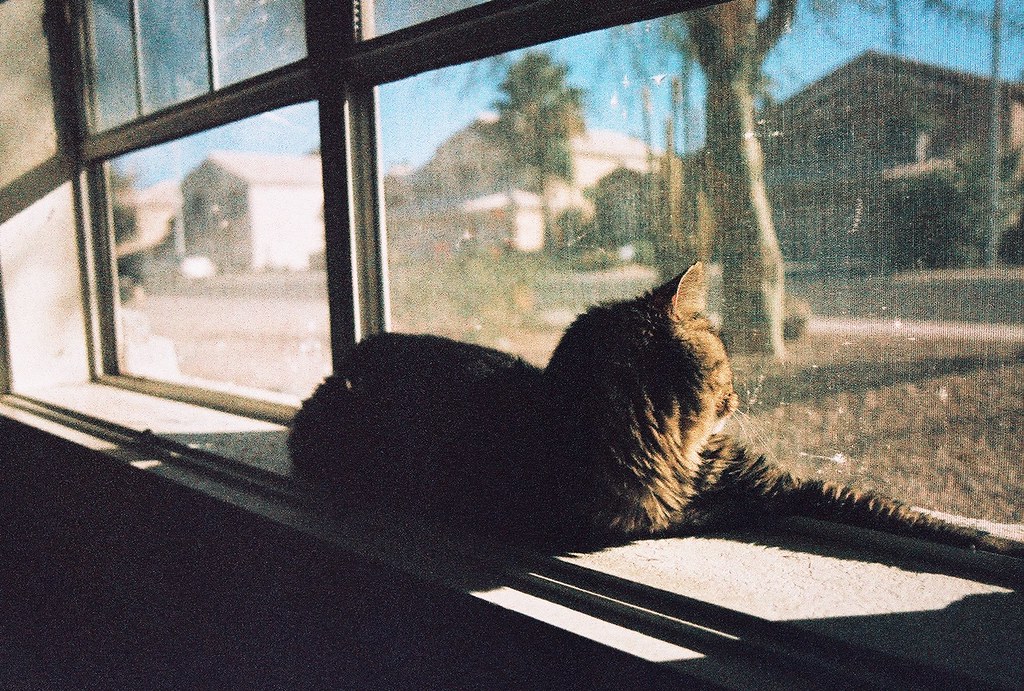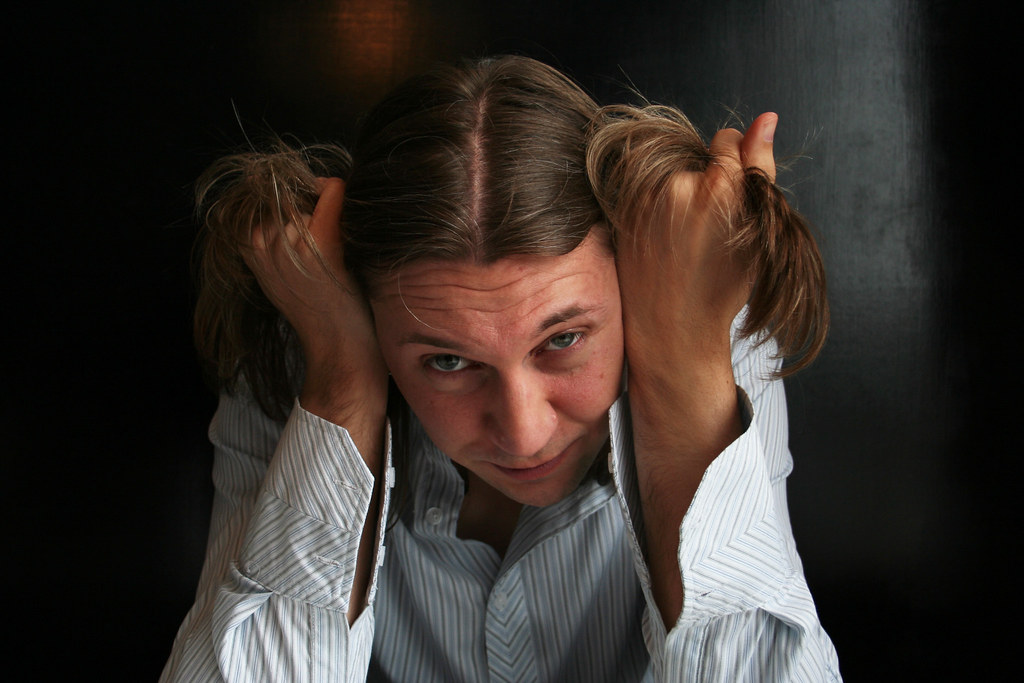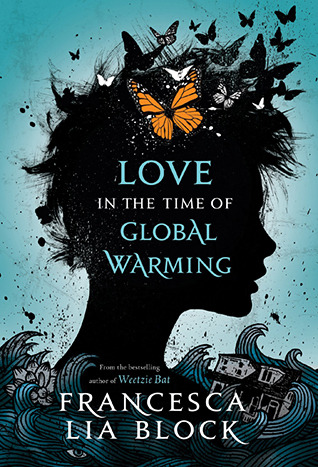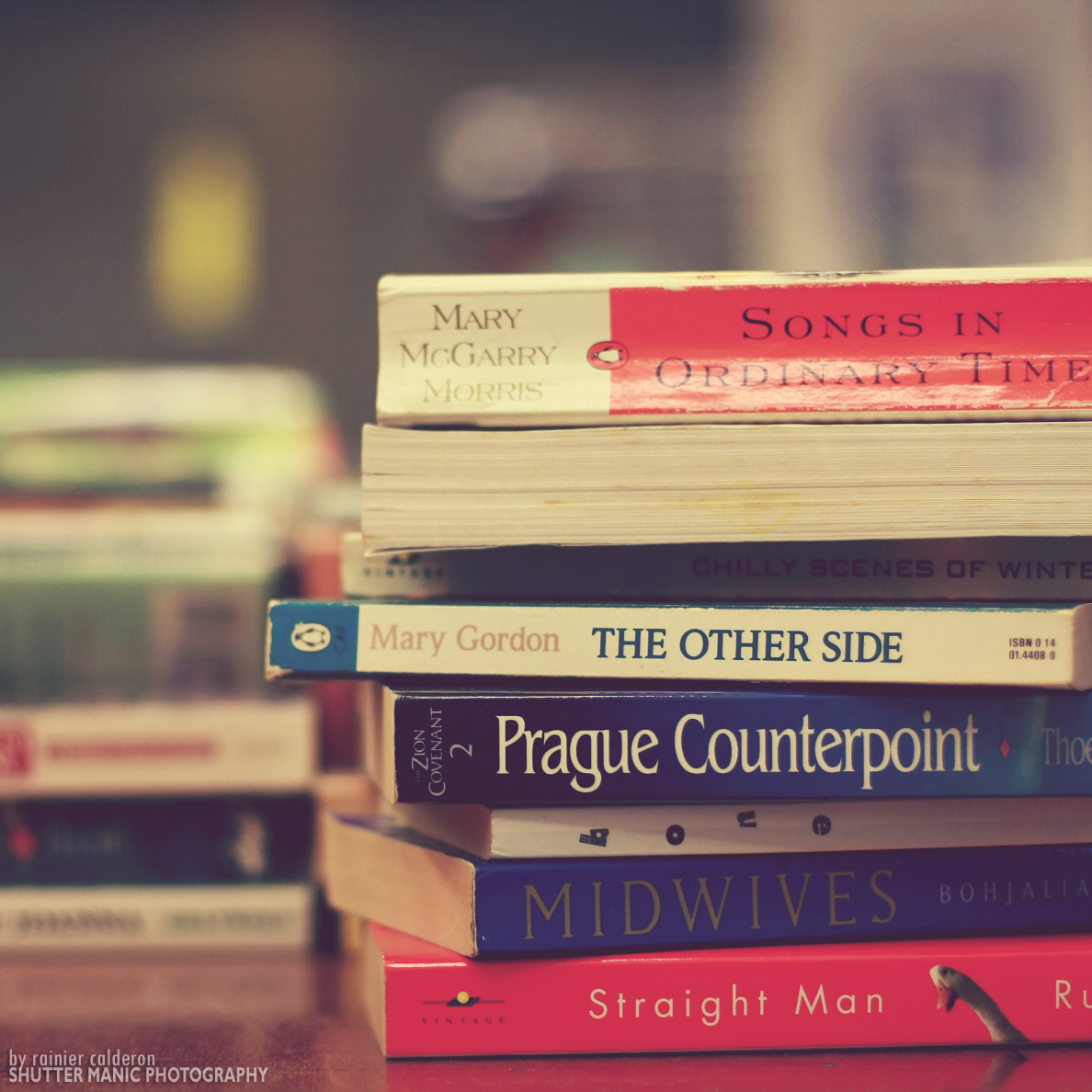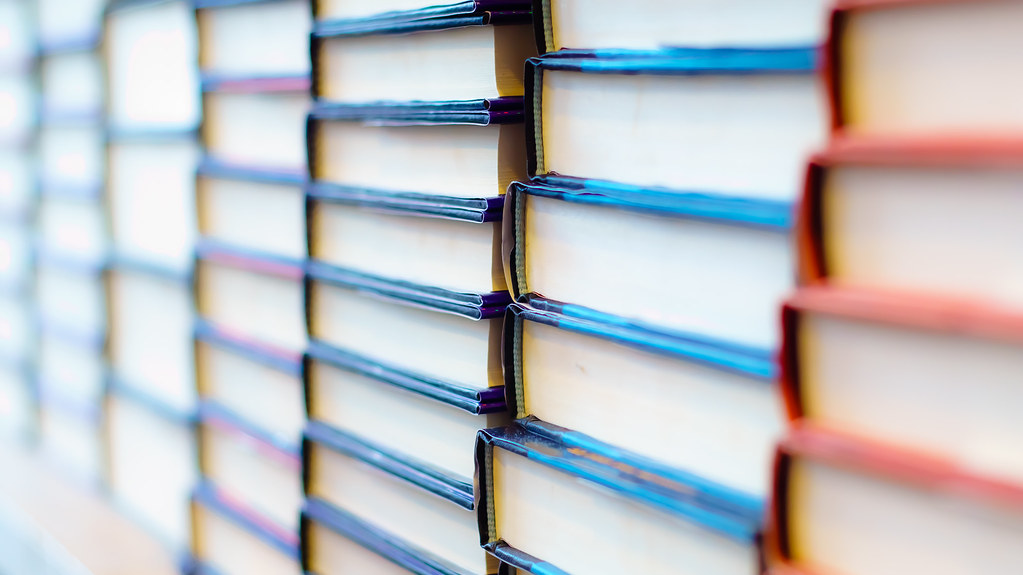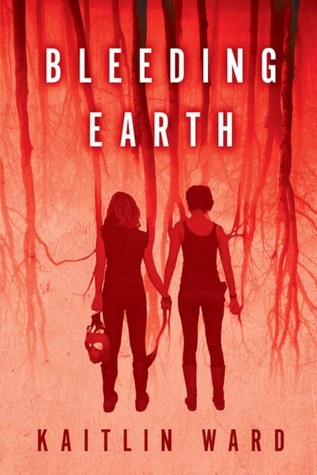 |
| Photo credit: Goodreads |
That is to say, totally right up my alley.
I read it quickly and am pleased to report it did not disappoint. But before I tell you all about this gory book of awesome, here is the Goodreads summary:
"Lea was in a cemetery when the earth started bleeding. Within twenty-four hours, the blood made international news. All over the world, blood appeared out of the ground, even through concrete, even in water. Then the earth started growing hair and bones.
Lea wants to ignore the blood. She wants to spend time with her new girlfriend, Aracely, in public, if only Aracely wasn't so afraid of her father. Lea wants to be a regular teen again, but the blood has made her a prisoner in her own home. Fear for her social life turns into fear for her sanity, and Lea must save herself and Aracely whatever way she can."
Right from the start I'm going to say this book is gross in the best way possible. It's gory, and disgusting, and easily has the least pleasant apocalyptic scenario I've read yet—from the decay to the paranormal-ish all around unpleasantness, this is a seriously nasty end of the world book.
And I loved every page.
This is not a coming out book. Lea knows right from the start that she likes to date girls, and she's already (just) started dating Aracely when the book begins. And it was really great to read a book with queer girls who not only already know they like each other from the start, but are fighting something completely unrelated to their sexuality. Aracely isn't out at the beginning of the book, but Bleeding Earth isn't about Aracely coming out or people's reactions to two girls dating—it's about the world ending in the most disgusting and inexplicable way possible and two girls trying to survive and hold on to each other while the whole world falls apart and rots away.
This is a creepy as hell survival book that messes with your head and makes you question what you think you know. It's gory (as you would expect in a book about the world literally drowning in blood), violent, chock-full of tension and kept me turning the pages and itching to get back to the book when I wasn't reading.
I definitely recommend this one for those who can handle a little (or a lot) of grossness with their scary. It's so good even though I borrowed it from the library, I pre-ordered myself a (gorgeous!) paperback copy even though I won't get it until February.
All in all I really enjoyed this one and can't wait to read more from Kaitlin Ward!
What have you been reading lately?
Twitter-sized bite:
.@Ava_Jae gives five stars to @Kaitlin_Ward's BLEEDING EARTH. Is this creepy f/f end of the world YA on your TBR? (Click to tweet)
Like apocalyptic YA horror? Want queer girls vs a broken world? Try Kaitlin Ward's BLEEDING EARTH. (Click to tweet)








